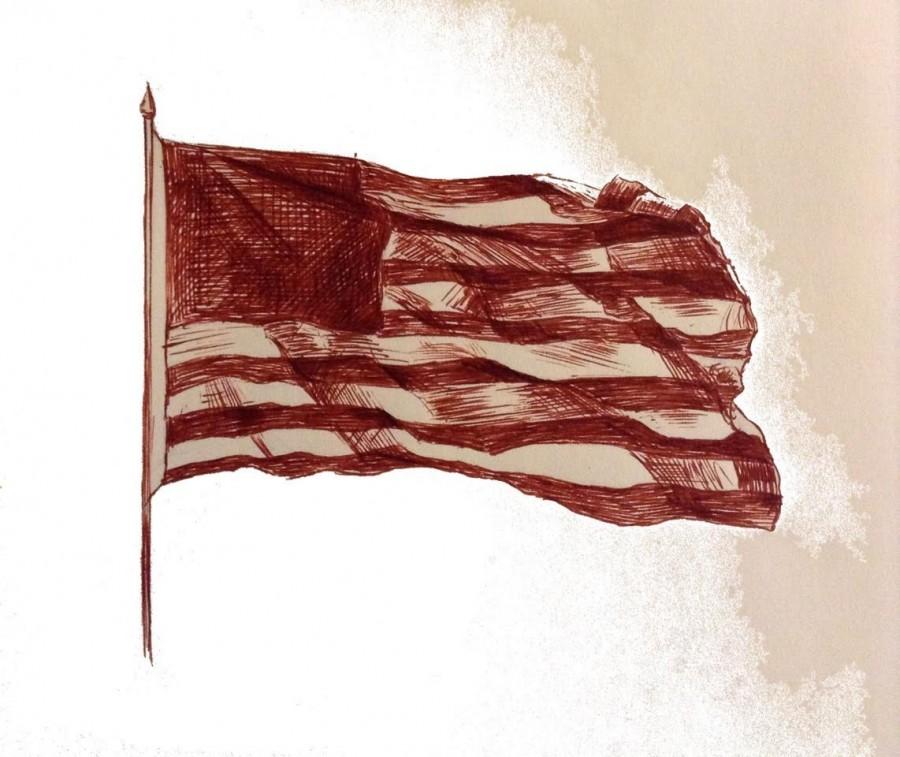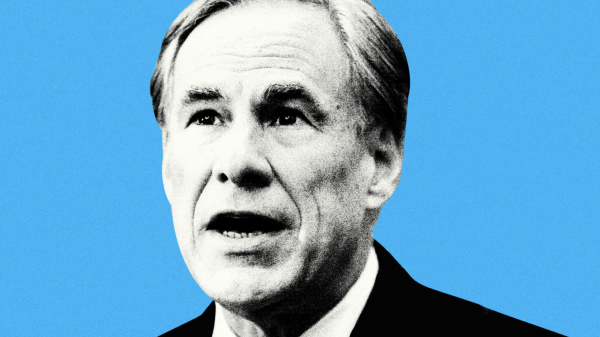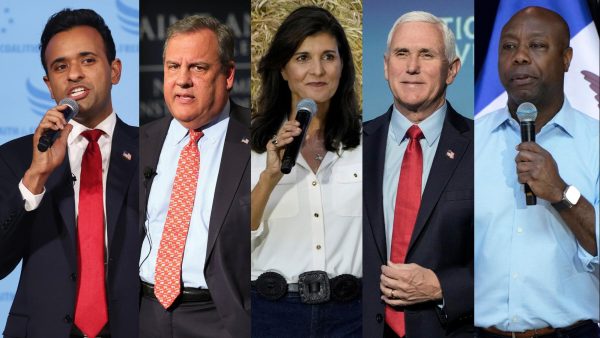You’re Lucky
February 22, 2016
It occurred to me while I was writing this article about the value of voting that perhaps a senior who will actually be eligible to vote this coming fall should be covering this article instead of me. After all, what do I know? I’m sure there are plenty of reasons against voting. Perhaps the absentee ballot will prove too inconvenient for those attending college out-of-state. Perhaps none of the candidates are appealing. Perhaps you feel ignorant and lost in a sea of names and platforms and parties. Perhaps you think one missing vote can’t make a difference one way or the other, especially because we don’t directly elect the president.
But perhaps you’re also unhappy with America. Aren’t we all? It seems like we can’t do anything right. Our culture promotes egregious materialism. Our society is racist and sexist and self-centered. Our businesses are too powerful. Our education system is outdated. Our fast-food restaurants promote unhealthy eating habits. Our government is bureaucratic and corrupt and inefficient.
Amidst all these adverse qualities, however, our country is also democratic. We are the ground in which our country is rooted. No matter how indirectly, no matter how infuriatingly slow, we shape our country. As Raquel Cordivari ‘16, points out, “I feel so lucky to live in the United States… I feel like it’s our job to vote. It’s the voice we’re given!” Nonetheless, she is a minority in a generation that often shies away from politics.
Past trends reveal that younger voters have the lowest turnout on Election Day. In 2012, the United States Census Bureau estimated that only 38% of those aged 18 to 24 cast their ballots, in comparison to 69.7% of those aged 65 or older. Yet younger generations are also more idealistic and compassionate than their older counterparts. According to the Pew Research Center, we are less skeptical of government efficiency, more likely to believe that everyone should be guaranteed a place to sleep and food to eat, more inclined to advocate for strict environmental protection laws, and more accepting of interracial and homosexual marriages. We are all the things we wish that our government and our country would be. We are all the things that our country could be, if only we would vote.
Perhaps the absentee ballot will prove too inconvenient for those attending college out-of-state. Imagine how “inconvenient” it was for all the people who fought and died for our ability to vote. Immigrant parents who have fought for every penny and every advantage possible will ask their children to fight similarly, to not throw away the precious opportunity to have a better life, and to honor the sacrifices made in the past. We should honor those who fought – whether for our nation’s freedom, slaves’ enfranchisement, or women’s suffrage – with our vote.
Perhaps none of the candidates are appealing. You don’t have to vote for the candidate you think will solve every domestic and foreign issue, balance the budget, and provide free, secure WiFi to the whole country. Let’s be honest: that candidate will never exist. Just vote for the one who isn’t the worst. Surely there is one candidate who is slightly better than his or her counterparts, be he or she Republican or Democratic or independent. If not, surely there is one candidate who is slightly worse than his counterparts, someone to counter by voting for another likely candidate on the ballot.
Perhaps you feel ignorant and lost in a sea of names and platforms and parties. But is there anyone who can name every name on the ballot, along with each candidate’s stances on every point of political contention? Our bipartisan government might be outdated and inefficient, but party alignments also give cues to baffled voters about what a candidate most likely supports or opposes.
Perhaps you think one missing vote can’t make a difference one way or the other, especially because we don’t directly elect the president. Except it isn’t just one vote. You won’t be the only one who remembered too late, or had too much schoolwork, or just didn’t feel like voting. In fact, over half of your peers will do the same. Can you imagine how much influence the entire college-age population could have if every student voted? How easily social movements would turn into political change if there were elected officials in government who fought for the same injustices you so passionately support?
We have the privilege of living in a democracy, in which the people – you – dictate the course of an entire country.
“Voting helps me know that I can actually do something to change the nation,” says Scott Smith ‘17, “because my decisions ripple through the county, state, and eventually nation.” I’d say that’s a pretty good reason to wait in line for a fraction of an hour this November 8.






Sarah • Feb 29, 2016 at 11:52 am
This article is great. Everyone is always criticizing America but their are great things happening that could impact our future.
Navya Yemula • Feb 29, 2016 at 11:37 am
This was a wonderful article and I agree wholly with this opinion. Voting decline has been an ongoing issue, and I believe that we, the rising generation, should be voting, for we are the future of our nation.
Isabel DiPalo • Feb 29, 2016 at 11:27 am
This speaks volumes to me as someone who grew up hearing my parents talk about the importance of having your voice be heard on levels big and small. Even though I have a long way off, I can’t wait to have my voice heard. In America we can help change our country, and aid it to become what we want. Everyone should vote, or at least not complain when things don’t go their way.